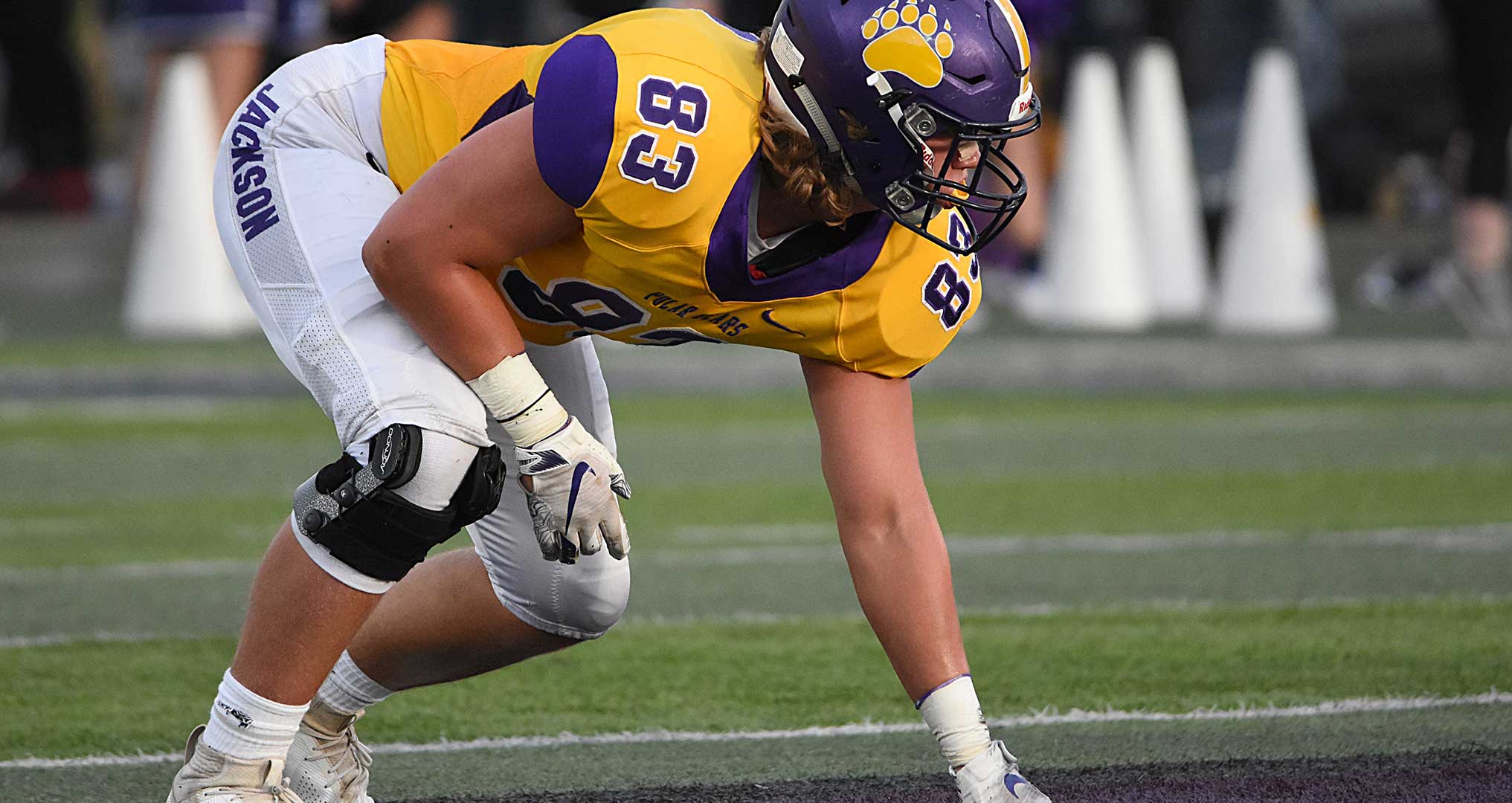The utmost priority of any athlete is to ensure optimal brain function. The better the brain functions, the better the overall performance. Athletes are not only concerned with having great physical health but having an emotionally stable mind as well.
Neurofeedback helps improve brain function, elevating the performance of the athlete. This is why professional athletes prefer neurofeedback from Peak Brain Centers to strengthen their sports performance on a mental level.
But how exactly does this type of peak performance training work? How can it really affect an athlete’s physical abilities? Let’s take a closer look.
1. Neurofeedback Improves Emotional Control
Emotional triggers influence all athletes, often operating under the high pressure of performing well. Athletes have to remain calm and collected throughout every competition in order to win. However, the pressure of the game or their anxiety can affect performance. Neurofeedback helps stabilize mood and emotional perceptions in the brain, which then help an athlete control their emotions, think more clearly, and outperform their competitors during a matchup.
2. Neurofeedback Improves Sleep
Sleep helps a person recharge their mind and body. If a person isn’t getting enough sleep, it prevents their body from functioning normally. Healthy sleep influences how a person performs during the day, which is especially important for athletes. They need restorative, recuperative sleep to maintain brain health and mental clarity. Furthermore, sleep aids in the body’s natural healing processes which keeps athletes in the best physical shape. Neurofeedback improves the depth and quality of sleep of a person which leads to overall better performance in competition.
3. Neurofeedback Slows Cognitive Decline
As a person ages, their brain also goes through certain changes. Therefore, mental exercises are just as important as physical exercises to keep the person in optimal shape. Neurofeedback acts as a mental exercise for the brain and helps maintain optimal brain function. This allows the brain to stay in peak condition and fights against cognitive decline. With better physical and mental health, athletes can prolong their sporting careers.
4. Attention and Focus
Any type of sport requires the brain to focus on certain tasks while ignoring background noise or other external stimuli. This can be everything from crowd noise, life stressors, and media attention. Neurofeedback enhances an athlete’s attention and focus, both on and off the field. It allows them to stay on task while maintaining a high level of brain function.
5. Restores Brain Function After Traumatic Brain Injury
Sports often result in injuries, some of these are physical injuries and some incidents can even cause traumatic experiences. Often in sports like football and soccer, players suffer from traumatic brain injuries. Brain injuries result in difficulties in emotional control, impulse control, attention, insomnia, anxiety, depression, and even seizures. Neurofeedback’s concussion mitigation protocols help the brain heal faster while mitigating short-term effects and preventing long-term ones, as well. This can help the brain function normally even several years after the initial injury. It can also aid in the recovery of TBIs, which helps athletes avoid downtime and shortened careers.
Mental Peak Performance is Possible
Sports often sound demanding of physical fitness, but each places different demands on the brain. The type of treatment can vary from case to case but it’s important to recognize the importance of neurofeedback in sports performance. Neurofeedback doesn’t only benefit athletes – It helps anyone’s brain perform better! Let’s help you in the best way possible. Contact us today so we can work together to mitigate all your symptoms of anxiety, depression, autism, and more!
Photo by Chris Chow on Unsplash






